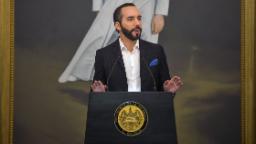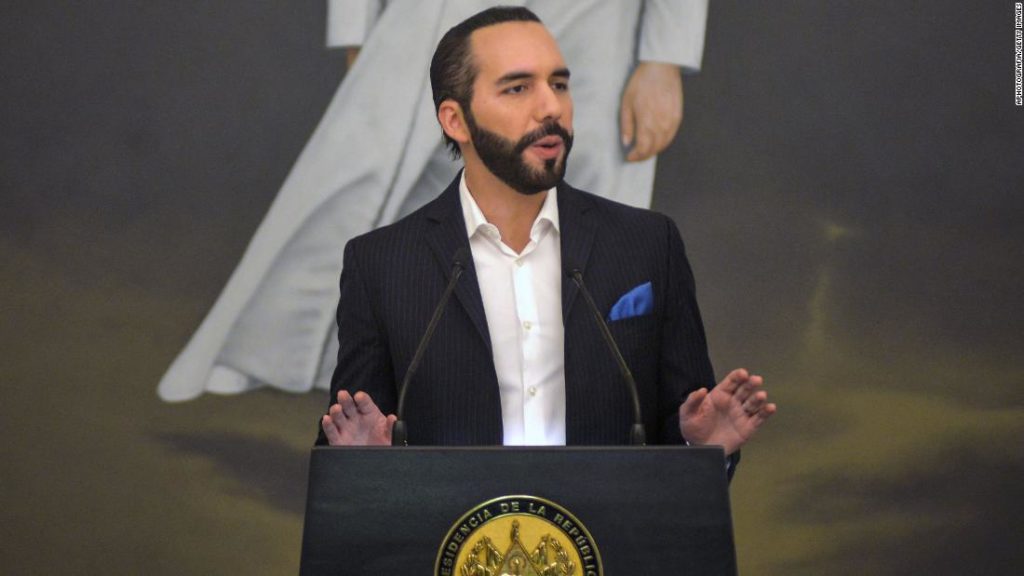
The law states that “all economic agents shall accept bitcoin as a form of payment when it is offered by the purchaser of a good or service.” It also says that tax payments can now be made in bitcoin.
Bukele, 39, is a right-wing populist who rose to power in 2019. He previously said that El Salvador would partner with digital finance company Strike to establish the infrastructure required to support the use of bitcoin as an official currency.
The future of digital currencies
However, crypto’s rise in popularity has led the US Federal Reserve to look hard at the old-fashioned dollar’s limitations — particularly around payments and money transfers that can take days to accomplish. Bitcoin transactions happen almost instantaneously.
Cryptocurrencies also don’t require a bank account. Instead, they’re held in digital wallets. That could help people in poorer communities — such as many in El Salvador but also in minority communities in the United States — gain increased access to their finances.
Lael Brainard, a member of the Federal Reserve Board of Governors, laid out a case last month for a secure, central bank-backed digital currency that could create a more efficient payment system and expand financial services to Americans who have been underserved by traditional banks.
Federal Reserve Chairman Jerome Powell in May announced the central bank would publish a paper this summer laying out the board’s thinking on the benefits and risks associated with a digital US dollar.
Although cryptocurrencies like bitcoin are digital, a Central Bank Digital Currency would be fundamentally different from current cryptos because it would still be controlled by a central bank rather than a decentralized computer network.
— Stefano Pozzebon, George Engels and Allison Morrow contributed to this report
You may also like
-
Afghanistan: Civilian casualties hit record high amid US withdrawal, UN says
-
How Taiwan is trying to defend against a cyber ‘World War III’
-
Pandemic travel news this week: Quarantine escapes and airplane disguises
-
Why would anyone trust Brexit Britain again?
-
Black fungus: A second crisis is killing survivors of India’s worst Covid wave

